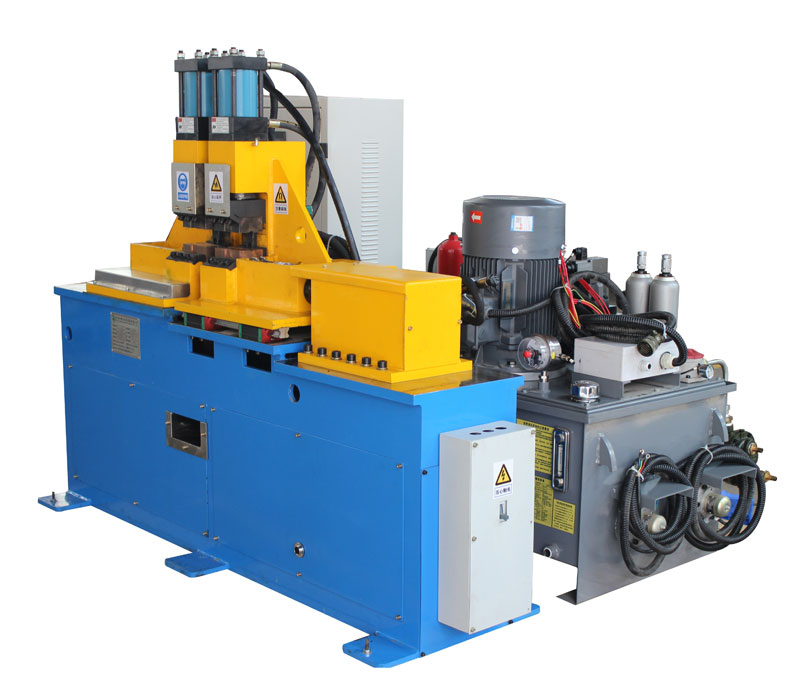What Causes Overload in Butt Welding Machines?
In this article, we will explore the factors that lead to overload in butt welding machines. Understanding the causes of overload is essential for welders and operators to prevent equipment damage, enhance safety, and ensure optimal welding performance. Let’s delve into the various reasons that can result in overload situations and how to avoid them.
Introduction: Butt welding machines are robust tools commonly used in the metalworking industry to join two pieces of metal by heating and fusing their edges. However, certain conditions and factors can lead to overloading, putting excessive strain on the machine’s components. Identifying and addressing these causes promptly is crucial to maintaining the longevity and efficiency of the welding equipment.
- Excessive Welding Current: One of the primary reasons for overload in butt welding machines is the use of excessively high welding currents. Welding at currents beyond the machine’s rated capacity can lead to increased power consumption, overheating, and potential damage to the power source and other critical components.
- Prolonged Continuous Welding: Continuous welding operations for extended periods can result in thermal buildup, causing the machine to overheat. Extended operation without allowing the equipment to cool down can lead to overloading and compromise the integrity of the welding machine.
- Inadequate Cooling System: A poorly functioning or insufficient cooling system can impede the proper dissipation of heat generated during welding. Insufficient cooling can cause the machine’s temperature to rise rapidly, leading to overload and potential equipment failure.
- Poor Electrical Connections: Loose or damaged electrical connections can result in increased electrical resistance, leading to higher currents flowing through certain components. This can lead to overheating and overloading of the affected parts of the welding machine.
- Improper Maintenance: Neglecting regular maintenance, such as cleaning, lubrication, and inspection of critical components, can lead to the accumulation of debris, dust, and wear. Over time, this can compromise the welding machine’s performance and contribute to overload situations.
Preventing Overload: To prevent overload and ensure the efficient operation of butt welding machines, operators must adhere to the following best practices:
- Use welding currents within the manufacturer’s recommended range for the specific welding application.
- Implement a proper cooling system and ensure it functions effectively during welding operations.
- Allow the machine to cool down adequately during extended welding tasks to prevent overheating.
- Regularly inspect and maintain the welding machine, ensuring all electrical connections are secure and free of damage.
- Train operators to identify signs of overload, such as abnormal noises, excessive heat, or erratic performance, and take corrective action promptly.
Understanding the factors that lead to overload in butt welding machines is vital for maintaining equipment integrity, ensuring operator safety, and achieving consistent welding results. By following proper maintenance practices, adhering to recommended welding parameters, and monitoring the machine’s performance, welders can prevent overload situations and extend the service life of their valuable welding equipment.
